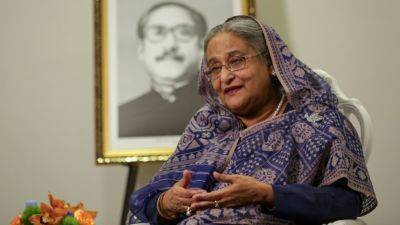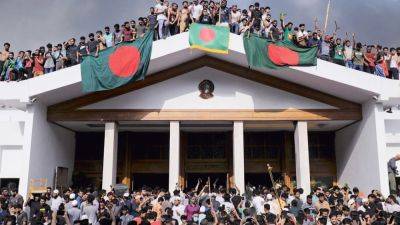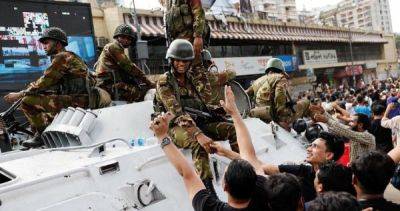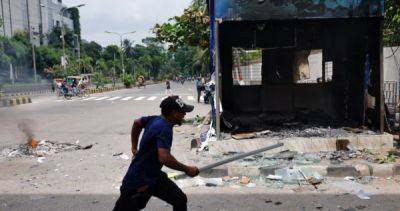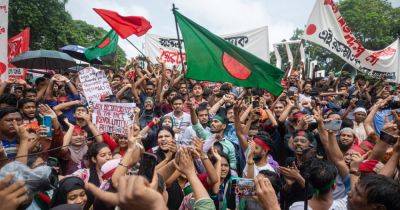After Protest Crackdown, Bangladesh Accuses Tens of Thousands of Crimes
The authorities in Bangladesh have opened investigations against tens of thousands of people in recent weeks as security forces combed through neighborhoods as part of their deadly crackdown on a student protest that had spiraled into violence.
The widening legal net, confirmed in interviews with police officials and a review of records, comes as arrests surpassed 10,000 since the crackdown on protesters began two weeks ago. Charges range from vandalism and arson to theft, trespassing and damage of state property. In many of the cases, sections of the law that allow long-term detention were invoked.
“This is a witch hunt,” said Smriti Singh, the regional director for South Asia at Amnesty International.
The government of Prime Minister Sheikh Hasina has blamed opposition parties, mainly the Bangladesh Nationalist Party and Jamaat-e-Islami, for the deadly turn in a previously peaceful protest against a quota-based system for distributing sought-after government jobs. Conservative estimates put the death toll at more than 200, mostly students and youths.
Activists, analysts and diplomats say the movement escalated into chaos after the ruling party, having dismissed the students’ demands, unleashed its violent youth wing and a wide array of security forces.
The new detentions and the sweep for more arrests are meant to prevent any regrouping. Many of the student leaders have been detained, some repeatedly. But the crackdown also follows a well-established tactic under Ms. Hasina’s 15-year rule: using every opportunity to crush her political opponents by rounding up their leaders and dismantling their mobilization.


